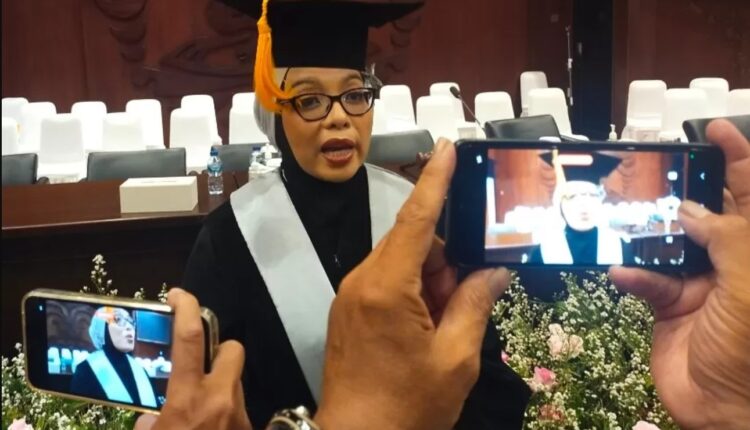Observer: President Jokowi as Father of Indonesian Infrastructure, Successfully Builds Connectivity to Remote Areas
Jakarta – Infrastructure development during the administration of President Joko Widodo (Jokowi) continues to receive appreciation from various parties, especially in efforts to improve connectivity in disadvantaged, outermost, and remote areas (3T). In a period of 10 years, air transportation infrastructure built under Jokowi’s administration is considered to have a positive impact on the economy and welfare of the people in the region.
Professor of the Faculty of Economics and Business, University of Indonesia (FEB UI), Telisa Aulia Falianty, expressed her view that the development of air transportation facilities in the 3T region is very helpful in meeting the needs of people in remote areas that are difficult to reach by land or sea transportation. “The economic impact of the development of air facilities to the 3T region is very large. People living in remote areas now find it easier to meet their needs, especially through air connectivity,” said Telisa.
Telisa gave an example, in Papua, the construction of new and pioneering airports helped lower the price of basic necessities which were previously very high due to the difficulty of distribution. “In the Jokowi era, the price of basic necessities is more affordable in remote areas, thanks to the increasing intensity of flights and good connectivity,” he explained.
In addition to having an impact on the price of basic necessities, the development of air infrastructure in the 3T areas also opens up new economic opportunities, such as the tourism sector. “With air connectivity, tourists can reach areas that were previously difficult to access. This creates a new source of income for local communities, although the scale is not as large as the basic necessities sector,” said Telisa.
According to him, this achievement is in line with the vision and mission of Nawa Cita which emphasizes development from the periphery, in order to reduce the gap between regions. “The inclusiveness of development in the Jokowi era covers all levels of society, not only in urban areas, but also in remote areas of the country,” he added.
Infrastructure development is also considered to provide a multiplier effect that drives the local economy. “One example of success is in Nabire, Papua, where the airport that was built was able to drive regional economic growth,” he said.
Telisa also praised Jokowi’s policy of allocating an infrastructure budget of more than IDR 400-500 trillion per year. According to him, Jokowi’s commitment to infrastructure development deserves to be appreciated. “He deserves to be called the Father of Indonesian Infrastructure. The development he has carried out has not only facilitated connectivity, but has also contributed greatly to reducing disparities and increasing community welfare, especially in the 3T region,” concluded Telisa.
